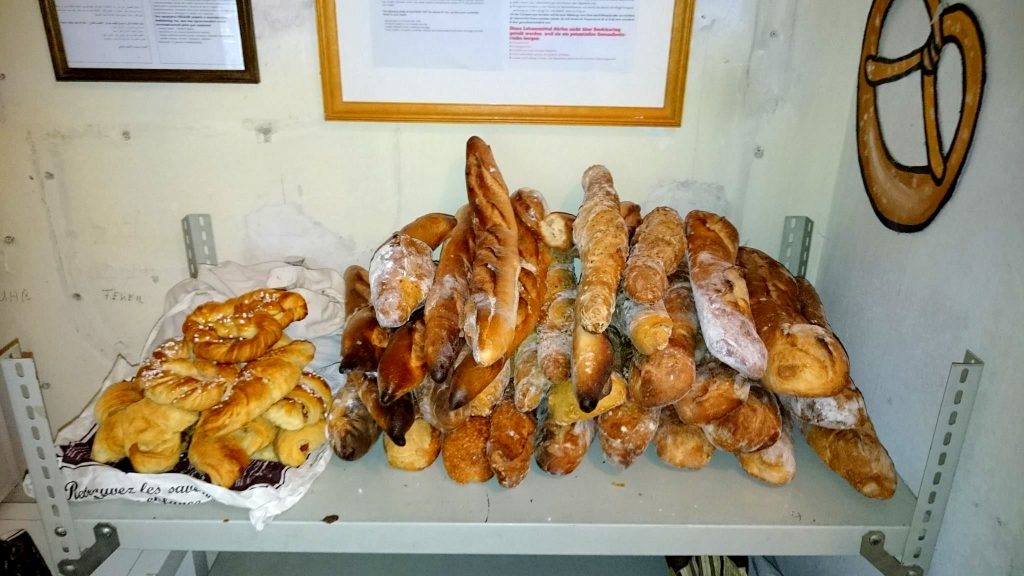Veganism is a philosophy and way of life in which one does not use or eat any animal-derived products such as meat, fish, eggs, cheese or leather and it’s safe to say that it’s more a lifestyle choice rather than a diet. It is a very controversial topic nowadays because many people don’t want to believe that meat and dairy production contribute to many problems we will have in our future if we don’t change something soon.
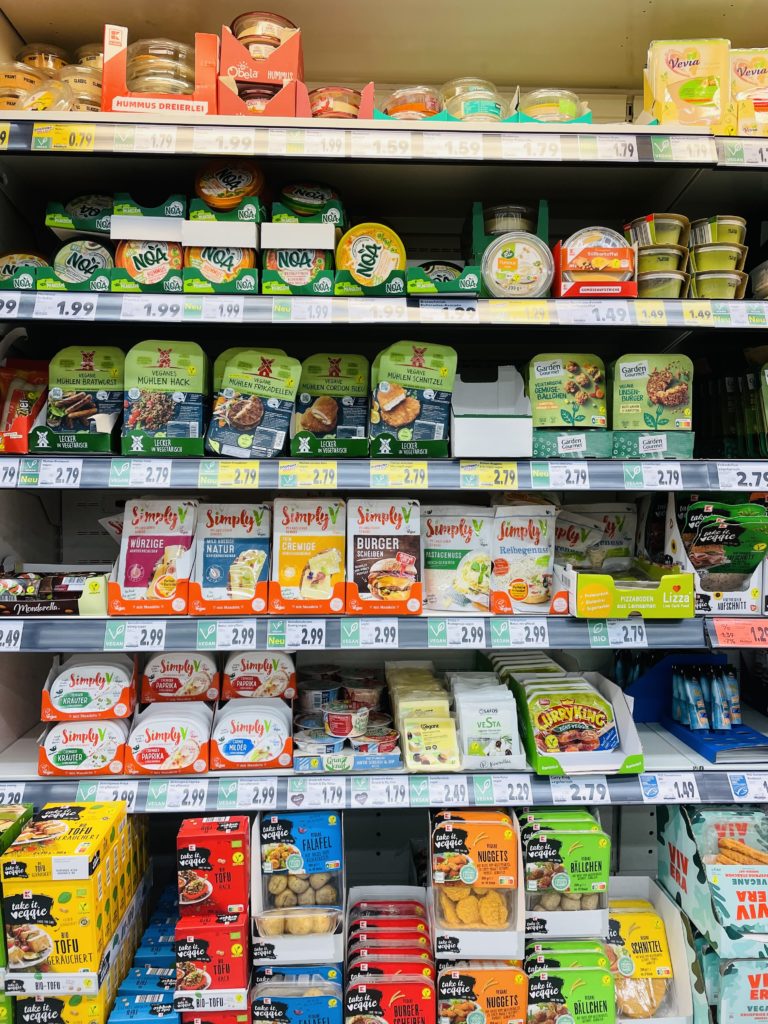
© Marina Förster
There are many different reasons why meat and dairy are especially harmful for our environment. First of all, the grain feed used for livestock is the main cause of deforestation, which leads to the destruction of living space for animals and therefore resulting in habitat loss and species extinction. Furthermore, it comes with an extensive use of crops and water, which could be used differently and more efficiently to actually produce food for humans instead of livestock. On the whole, it is a big factor in the development of global warming because of the methane cattle produces, widespread pollution of groundwater, caused by runoff from agricultural areas and land degradation, which can be accelerated by deforestation. Food and land security are becoming a major issue because we won’t have enough food left in the future if we continue wasting our resources for meat and dairy production.
The question is, how does being or going vegan actually help the environment? It is safe to say that a plant-based lifestyle has a lot of other benefits but does it really change something for our environmental issues? The answer is definitely ‘YES’. By avoiding eating animal-derived products one can reduce their individual carbon footprint from food by up to 73 per cent. Moreover, the world could decrease its global farmland use by 75 per cent, which would lead to a significant drop in greenhouse gas emissions and the recapture of wild land lost to agriculture, which has been the biggest cause for mass extinction. Water scarcity is another problem which could be tackled by consuming less meat, as growing vegetables and fruits require far less water than for example beef, which needs 15 tons per kilogram. By 2030 we will only have 60 percent of the water we would need left if we don’t rethink our food choices now.
It is important to mention that there are also environmental arguments against veganism but the ones for a vegan lifestyle predominate. Joseph Poore, a researcher at the University of Oxford said: “A vegan diet is probably the single biggest way to reduce your impact on planet Earth, not just greenhouse gases, but global acidification, eutrophication, land use and water use . . . It is far bigger than cutting down on your flights or buying an electric car.”
Author: Marina Förster

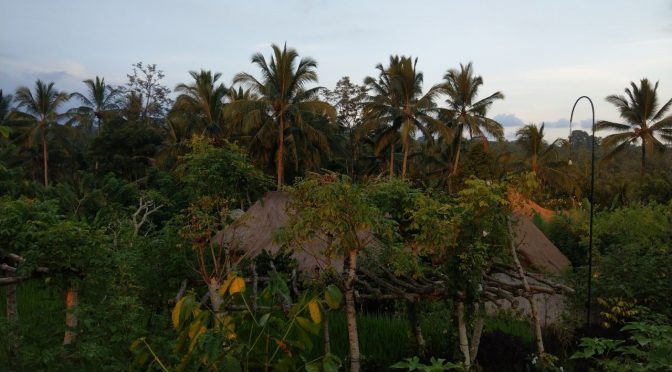
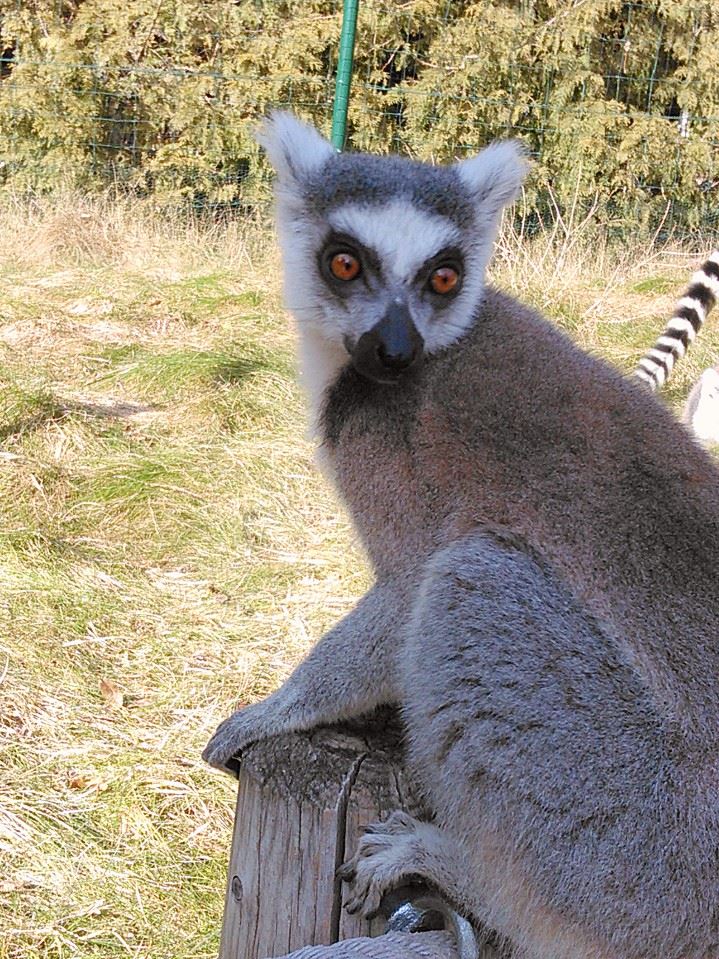
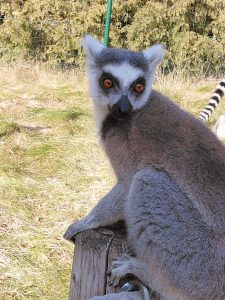 The origin
The origin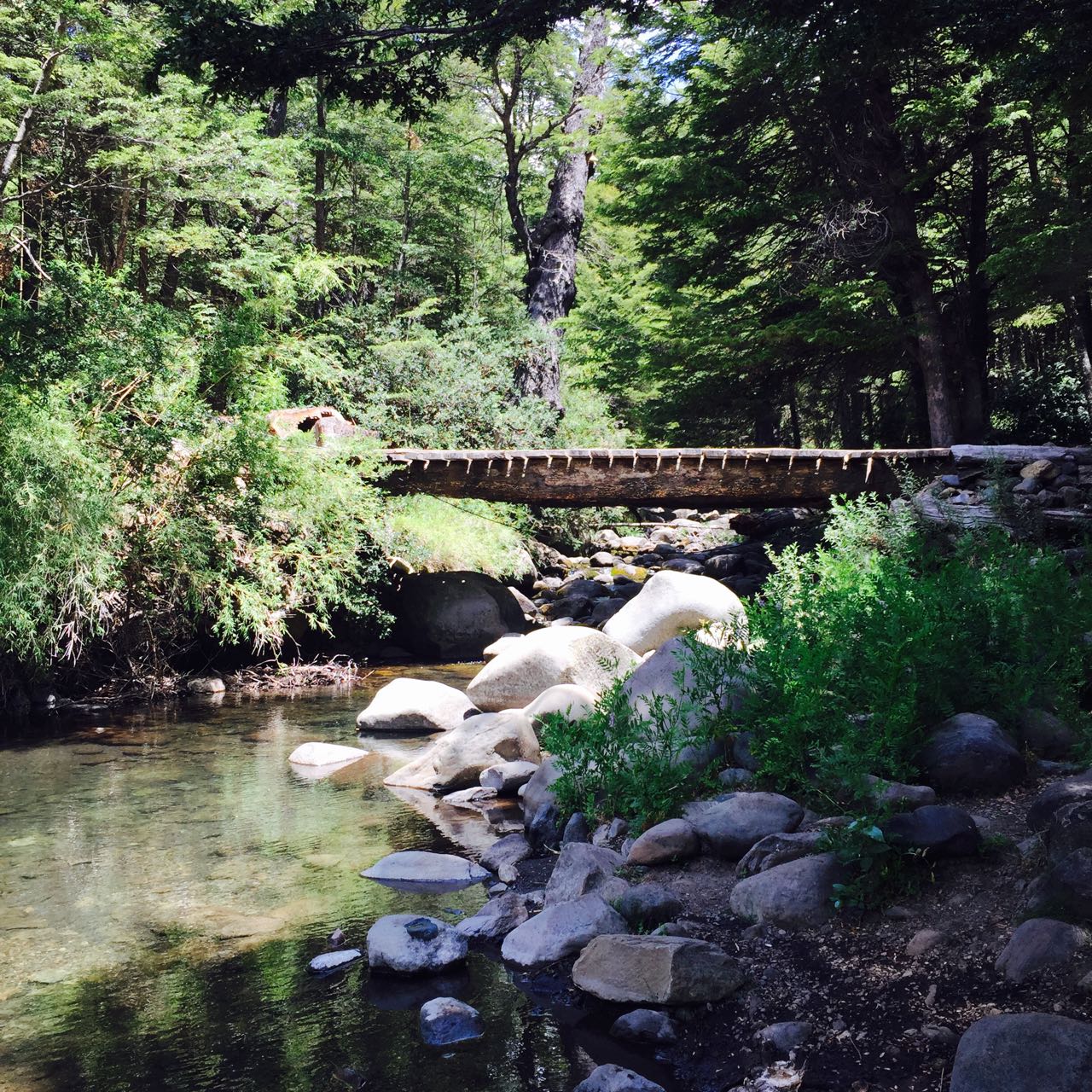
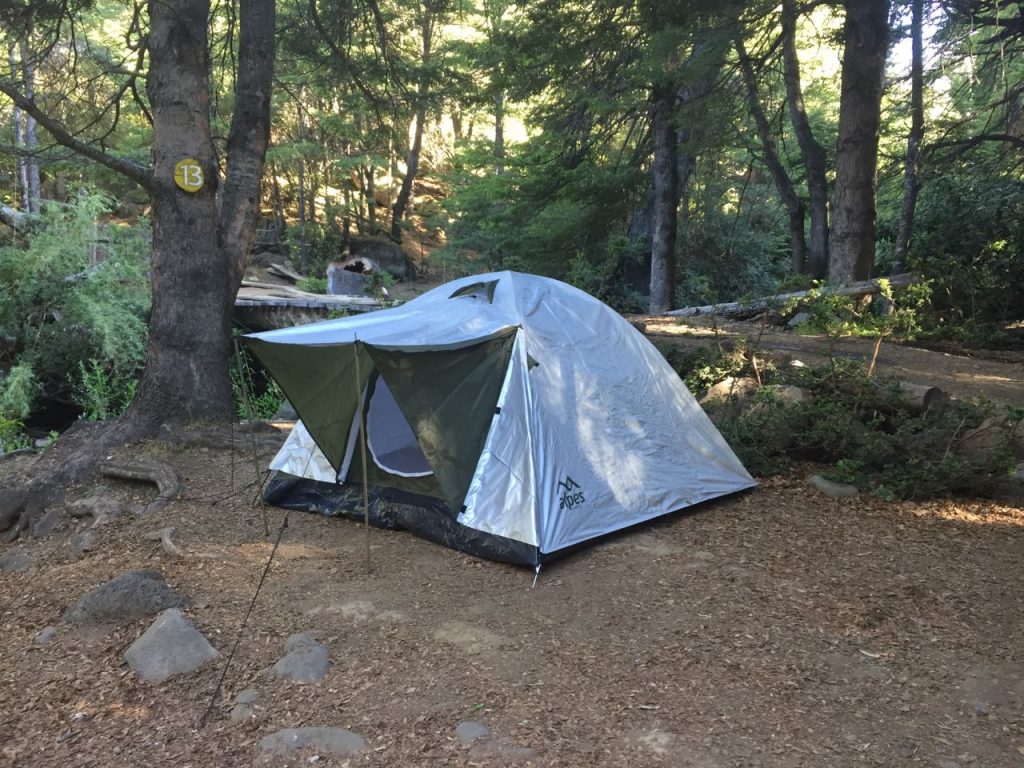 It’s a sad fact of life that our daily lives can become really stressful. If it’s not exams or work, it’s family or other obligations. Our daily routine is planned right down to the last detail, minute by minute: appointments, deadlines and the like. So how can we break out of this vicious circle, at least for a little while? Read on…
It’s a sad fact of life that our daily lives can become really stressful. If it’s not exams or work, it’s family or other obligations. Our daily routine is planned right down to the last detail, minute by minute: appointments, deadlines and the like. So how can we break out of this vicious circle, at least for a little while? Read on…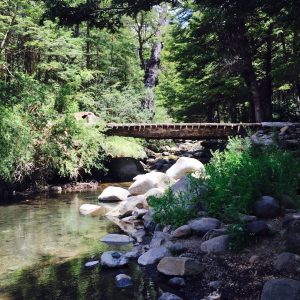
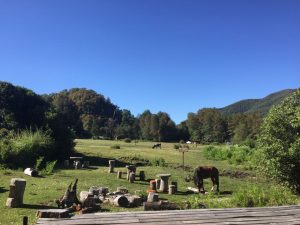 Be ready to disconnect
Be ready to disconnect 
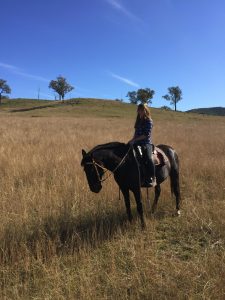 During my backpacking time in Australia, I decided to do some real Aussie stuff and get an insight into the jackaroo/jillaroo lifestyle. A jackaroo/jillaroo is somebody who lives and works on a sheep or cattle station – and well, there are about 70 million sheep in Australia, but only about 23.6 million people! Online, I found this horse breeding and sheep station farm near Bingara, in the northeast of New South Wales, called “Garrawilla”. After I had contacted John and his girlfriend and helping hand Natusha, I booked my train and bus tickets, packed all my stuff, and was definitely ready to go on an adventure!
During my backpacking time in Australia, I decided to do some real Aussie stuff and get an insight into the jackaroo/jillaroo lifestyle. A jackaroo/jillaroo is somebody who lives and works on a sheep or cattle station – and well, there are about 70 million sheep in Australia, but only about 23.6 million people! Online, I found this horse breeding and sheep station farm near Bingara, in the northeast of New South Wales, called “Garrawilla”. After I had contacted John and his girlfriend and helping hand Natusha, I booked my train and bus tickets, packed all my stuff, and was definitely ready to go on an adventure!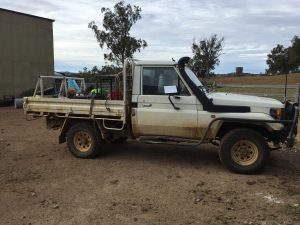 By telling me all his stories about his family and friends, his various jobs on the farm and all the bloody Germans he’d met, John taught me many useful, important things about how to treat horses properly. He always illustrated his wisdom with real-life examples: often myself. I can tell you, getting dirt smeared in the face or being poked in the bottom with a pencil is not the nicest way to start your day! For the next few weeks, we would make young horses used to wearing a halter, teach them to lead and give and also get them to have a saddle on for the first time. Breaking in horses was one of the main tasks on the farm. Apart from that, we did some fencing (a pretty hard job, really), drove in and sheared sheep, fed all his working dogs and rode the horses, of course!
By telling me all his stories about his family and friends, his various jobs on the farm and all the bloody Germans he’d met, John taught me many useful, important things about how to treat horses properly. He always illustrated his wisdom with real-life examples: often myself. I can tell you, getting dirt smeared in the face or being poked in the bottom with a pencil is not the nicest way to start your day! For the next few weeks, we would make young horses used to wearing a halter, teach them to lead and give and also get them to have a saddle on for the first time. Breaking in horses was one of the main tasks on the farm. Apart from that, we did some fencing (a pretty hard job, really), drove in and sheared sheep, fed all his working dogs and rode the horses, of course!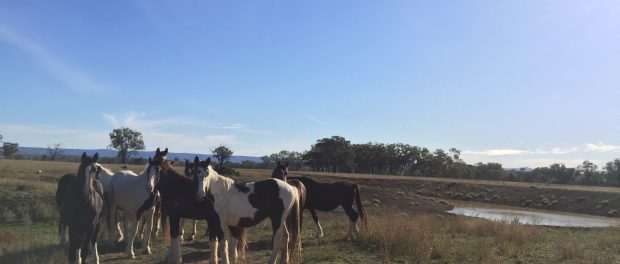
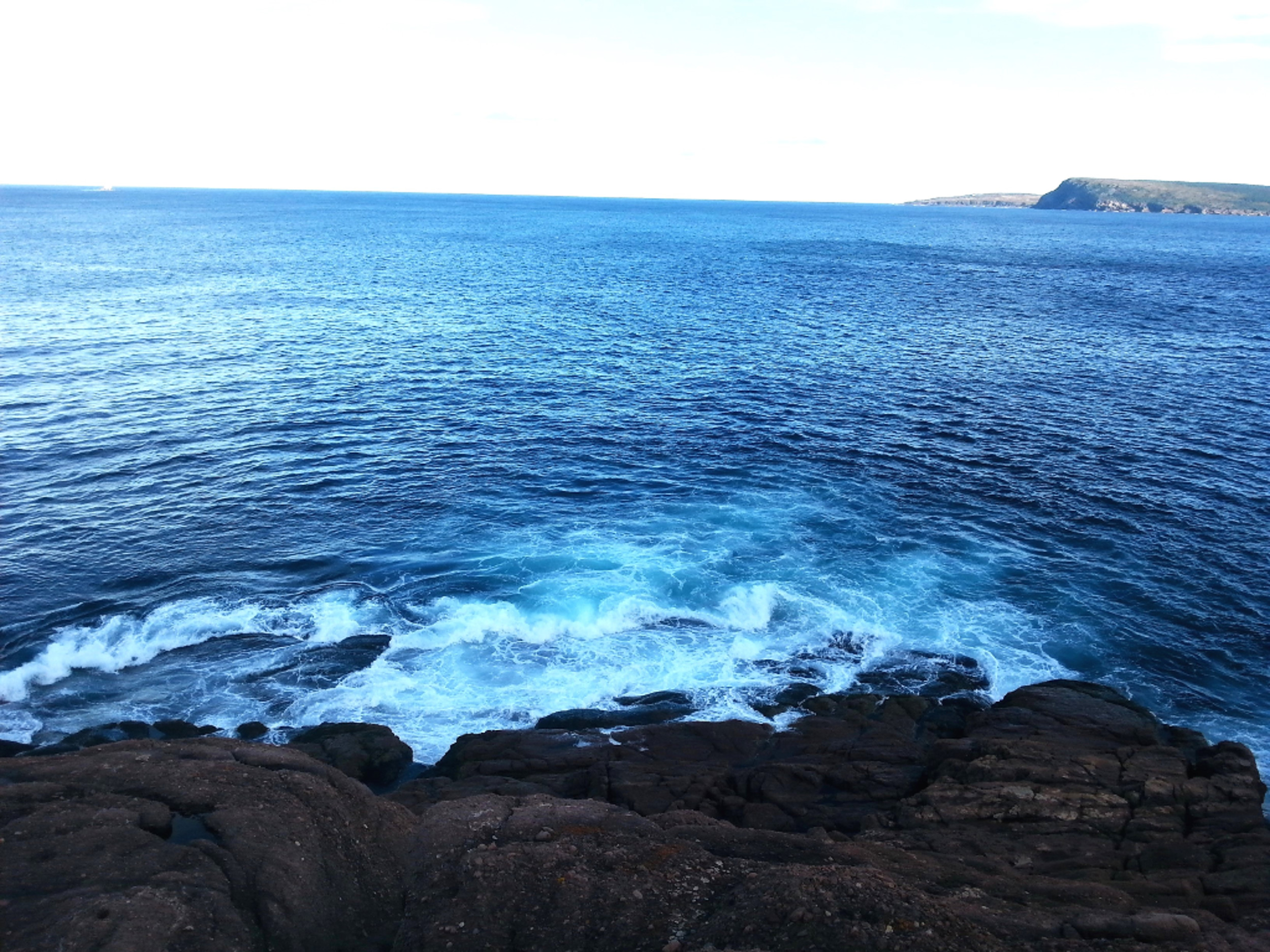
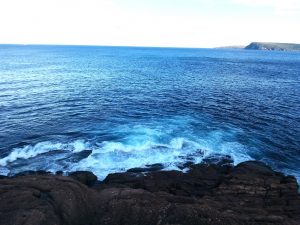
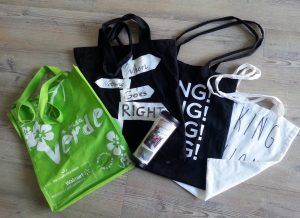 hat lots of German grocery, drug and even clothing stores don’t offer free plastic bags at the checkout anymore? That’s amazing because these bags end up as trash in our oceans, just like all plastic wrap. It is estimated that 50 to 80 percent of all debris in the ocean is plastic. Sea animals suffer from the trash as well, as they mistake the plastic for food or become entangled and die an excruciating death. So you can imagine that banning these bags from stores is a very important step! But why even buy plastic bags to carry home your groceries? Just take a reusable bag – you can actually get them in trendy designs!
hat lots of German grocery, drug and even clothing stores don’t offer free plastic bags at the checkout anymore? That’s amazing because these bags end up as trash in our oceans, just like all plastic wrap. It is estimated that 50 to 80 percent of all debris in the ocean is plastic. Sea animals suffer from the trash as well, as they mistake the plastic for food or become entangled and die an excruciating death. So you can imagine that banning these bags from stores is a very important step! But why even buy plastic bags to carry home your groceries? Just take a reusable bag – you can actually get them in trendy designs!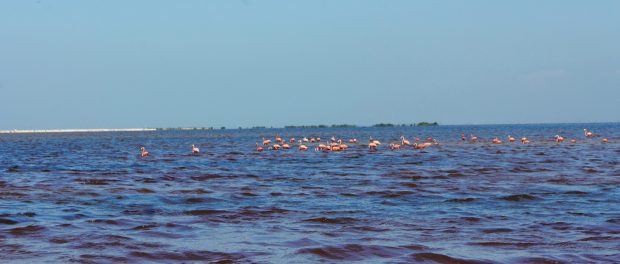
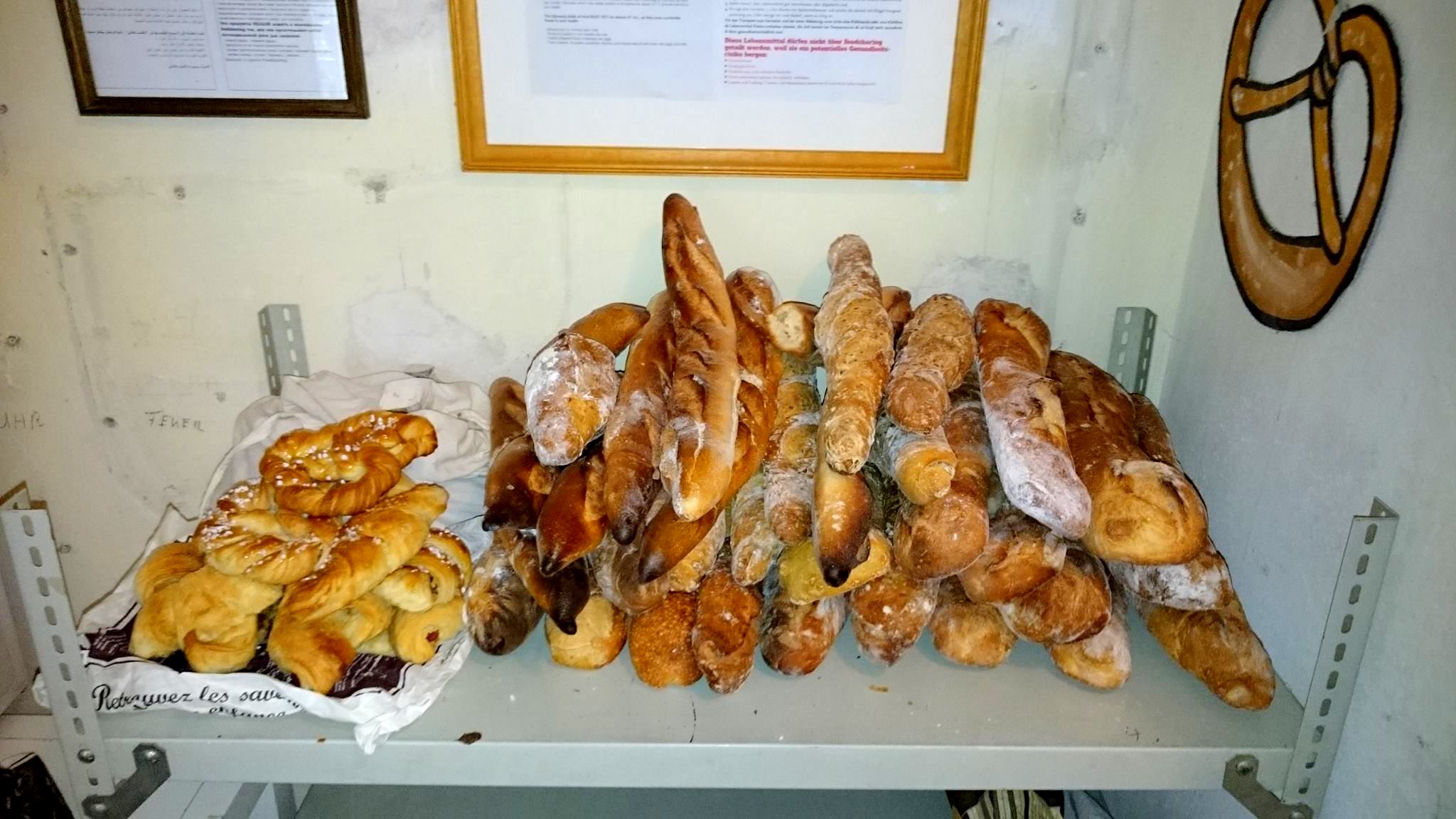
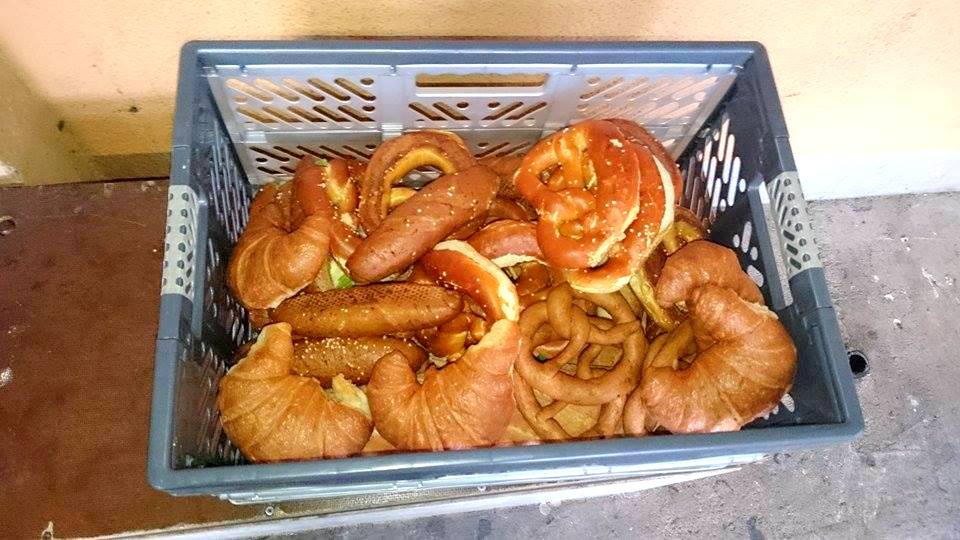
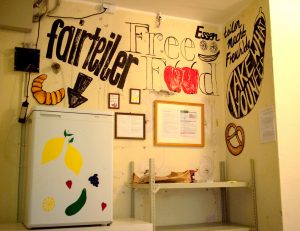 Also it’s possible to share food via a “Fair-Teiler”, a store room with a fridge which is publically accessible. Food donations can be deposited there, to be collected by anyone interested. Another step in participating actively in foodsharing is becoming a “foodsaver”, which means going to shops which have made an agreement with foodsharing and picking up food they would normally throw away. The foodsavers collect the saved food and share it with their family, friends, neighbors and donate it to social projects.
Also it’s possible to share food via a “Fair-Teiler”, a store room with a fridge which is publically accessible. Food donations can be deposited there, to be collected by anyone interested. Another step in participating actively in foodsharing is becoming a “foodsaver”, which means going to shops which have made an agreement with foodsharing and picking up food they would normally throw away. The foodsavers collect the saved food and share it with their family, friends, neighbors and donate it to social projects.